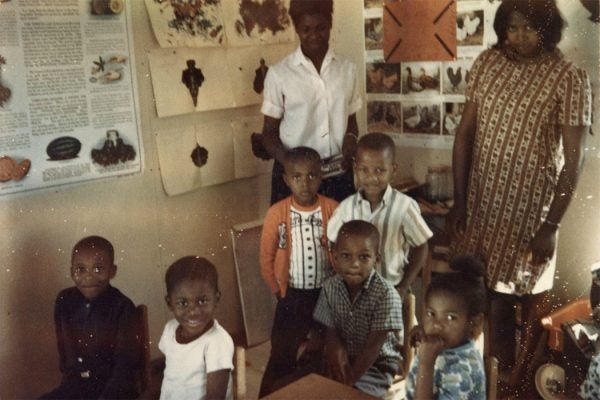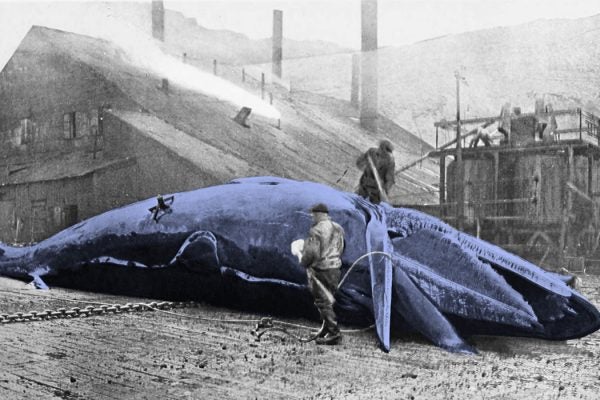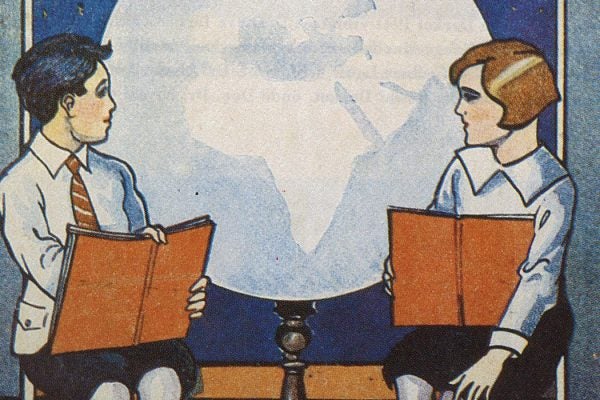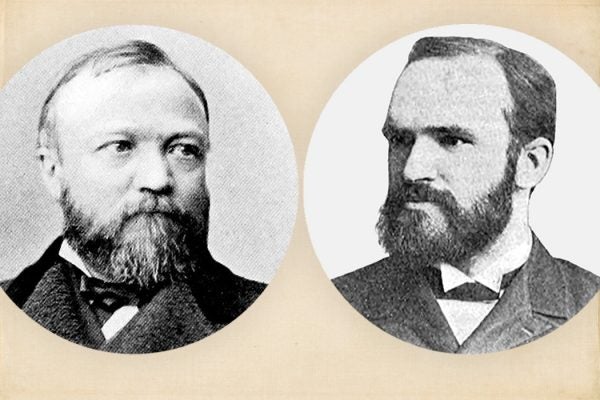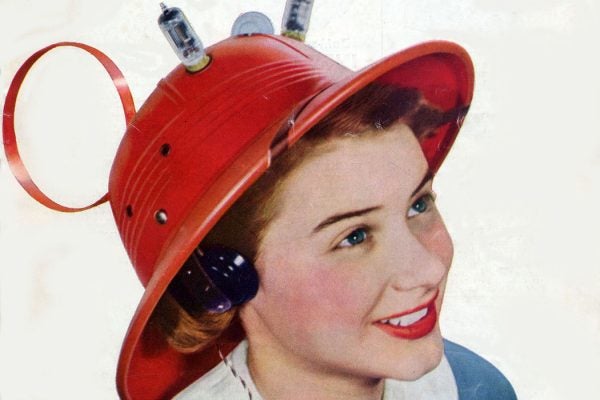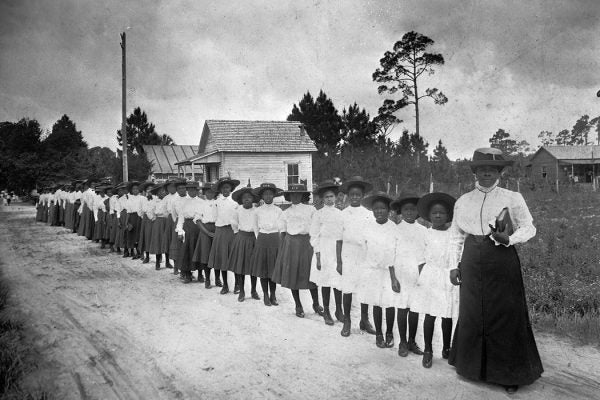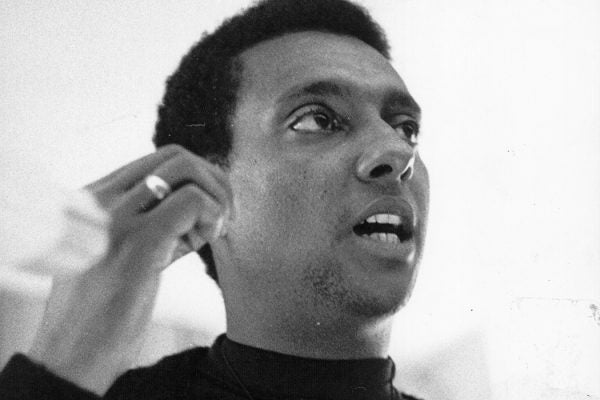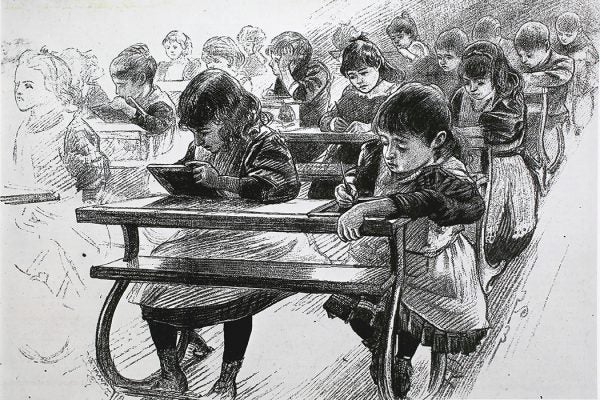The Working-Class Radicalism of Mississippi’s Head Start
The Child Development Group of Mississippi created jobs and fostered the political inclusion of poor African American and white communities in the South.
So You Plan to Teach Moby Dick
The study of Melville’s novel is enhanced by contextualizing it with primary and secondary sources related to the American sperm whaling industry.
Today: The Best Day of the Year to be Born
Children who are oldest in their class—those born in early autumn—enjoy both a physical and an academic advantage.
Teaching Citizenship in the Falling Ottoman Empire
In the nineteenth century, the state used a new education system to shape young citizens' attitudes toward a shrinking empire and the emerging Republic.
The Troubles with Tracking
Educators have been debating academic tracking since the early years of the public high school.
When Melvil Dewey Pursued Andrew Carnegie’s Millions
A clash of library enthusiasts ended with a sexual harassment scandal.
Can Radio Really Educate?
In the 1920s, radio was an exciting new mass medium. It was known for providing entertainment, but educators wondered if it could also be used for education.
How Black Americans Fought for Literacy
From the moment US Army troops arrived in the South, newly freed people sought ways to gain education—particularly to learn to read and write.
Stokely Carmichael, Radical Teacher
The civil rights leader who changed his name to Kwame Ture encouraged students in the Mississippi Freedom Schools to think critically.
Why Would Parents Oppose Compulsory Education?
In Victorian England, reformers thought all children should go to school. That didn't sit well with everyone—and not just kids.
